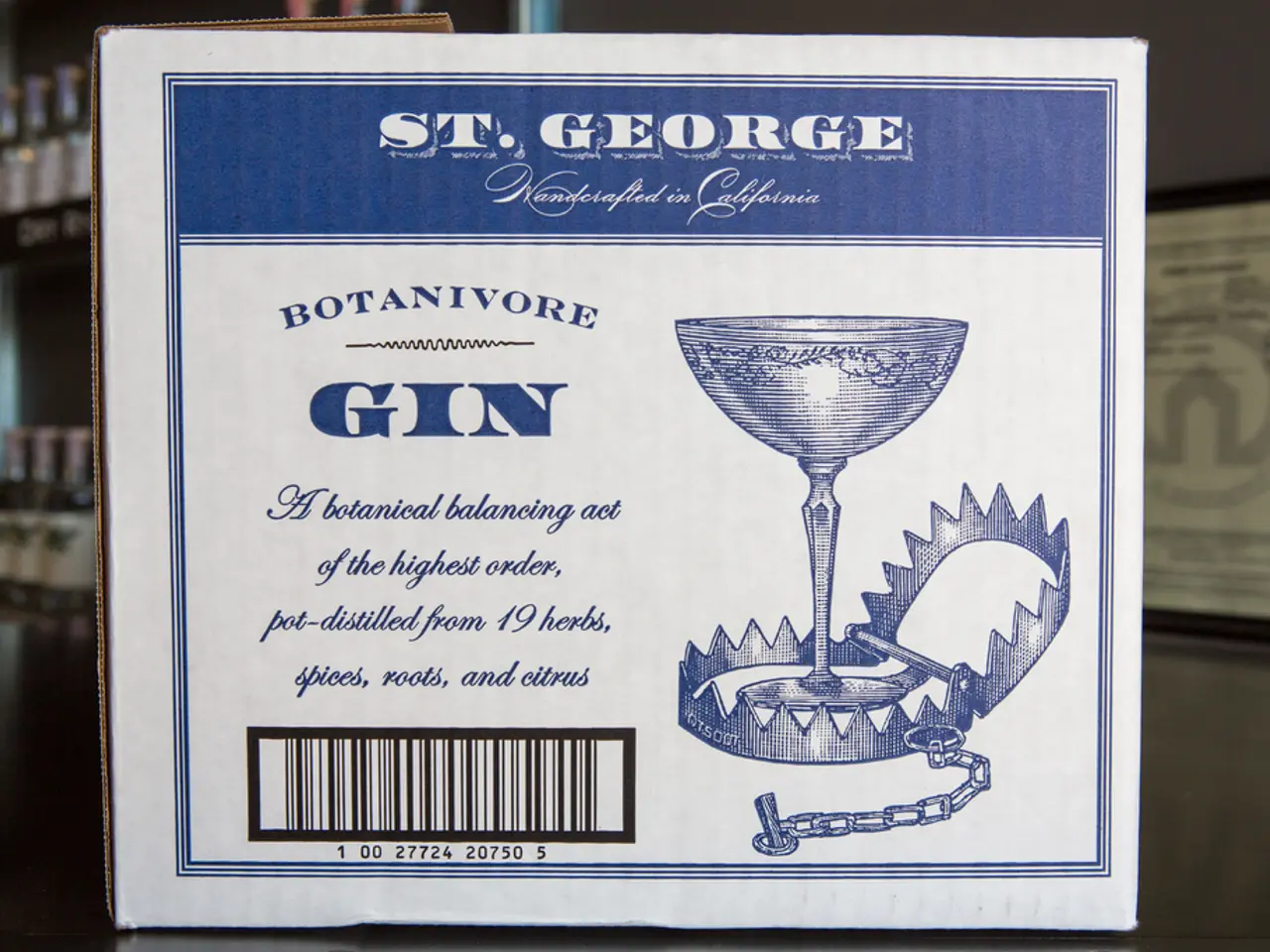NAD+ Supplements and Their Impact on Lifespan: Insights from the Professionals
In the realm of health and wellness, a buzzword that has been gaining traction is NAD (Nicotinamide Adenine Dinucleotide), a compound essential for energy conversion and cellular and tissue repair found in all living cells.
One of the leading experts on NAD metabolism, Charles Brenner, a Chief Scientific Advisor at Niagen Bioscience, has made significant strides in understanding this vital compound. His research includes the discovery that a precursor to NAD, Nicotinamide Riboside (NR), plays a crucial role in maintaining NAD levels.
However, it's important to note that NAD supplementation, particularly when administered intravenously, carries risks. These risks are heightened when substances haven't undergone pharmaceutical-grade processes, as is the case with many NAD supplements currently available.
Despite the hype surrounding NAD+ supplements and therapy, there is no solid evidence to support claims of extended lifespan or increased resistance to infections. In fact, without randomized controlled trials, it's challenging to make valid claims and prove the treatment's safety.
This sentiment is shared by David Seres, director of medical nutrition and professor of medicine at Columbia University Medical Center, who emphasizes the need for rigorous scientific research to establish the efficacy of NAD+ supplements.
NAD levels naturally decrease with age but can be boosted through exercise, improved sleep, and a diet rich in certain foods like fish, nuts, and whole grains. NAD supplementation is available in oral capsules containing precursor compounds like NR and Nicotinamide Mononucleotide (NMN).
While some celebrities and influencers have reported a flushing sensation after taking an NAD+ IV infusion, this does not provide evidence of its efficacy. In fact, the sensation is known to be associated with Niacin, a compound related to NAD, and is not a sign of anything other than that.
It's also worth mentioning that NAD+ infusions and injections are not approved by the Federal Drug Administration (FDA), raising concerns about the purity and safety of these products. IV solutions not regulated by the FDA could potentially contain impurities, posing a risk with NAD+ supplementation administered intravenously.
In conclusion, while NAD is a vital compound with promising potential, the current evidence does not support the use of NAD+ supplements or therapy for longevity or infection resistance. As research continues, it's crucial to approach NAD supplementation with caution, especially when it comes to intravenous administration.
Read also:
- Is it advisable to utilize your personal health insurance in a publicly-funded medical facility?
- Dietary strategies for IBS elimination: Aims and execution methods
- Benefits, suitable dosage, and safety considerations for utilizing pumpkin seed oil in treating an overactive bladder
- Harmful Medical Remedies: A Misguided Approach to Healing






